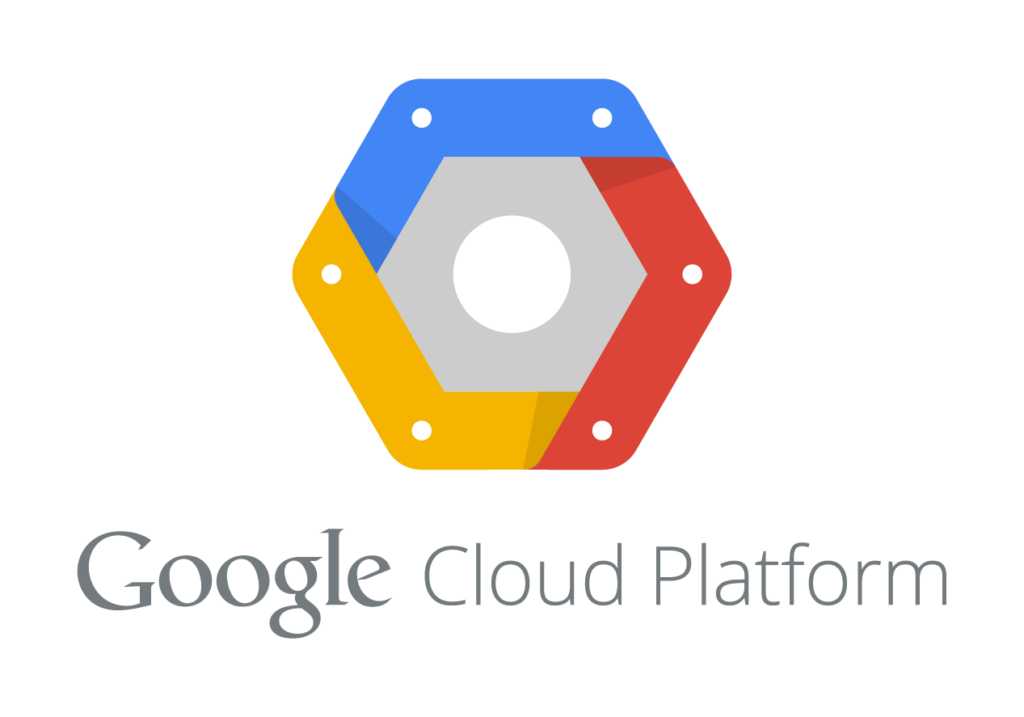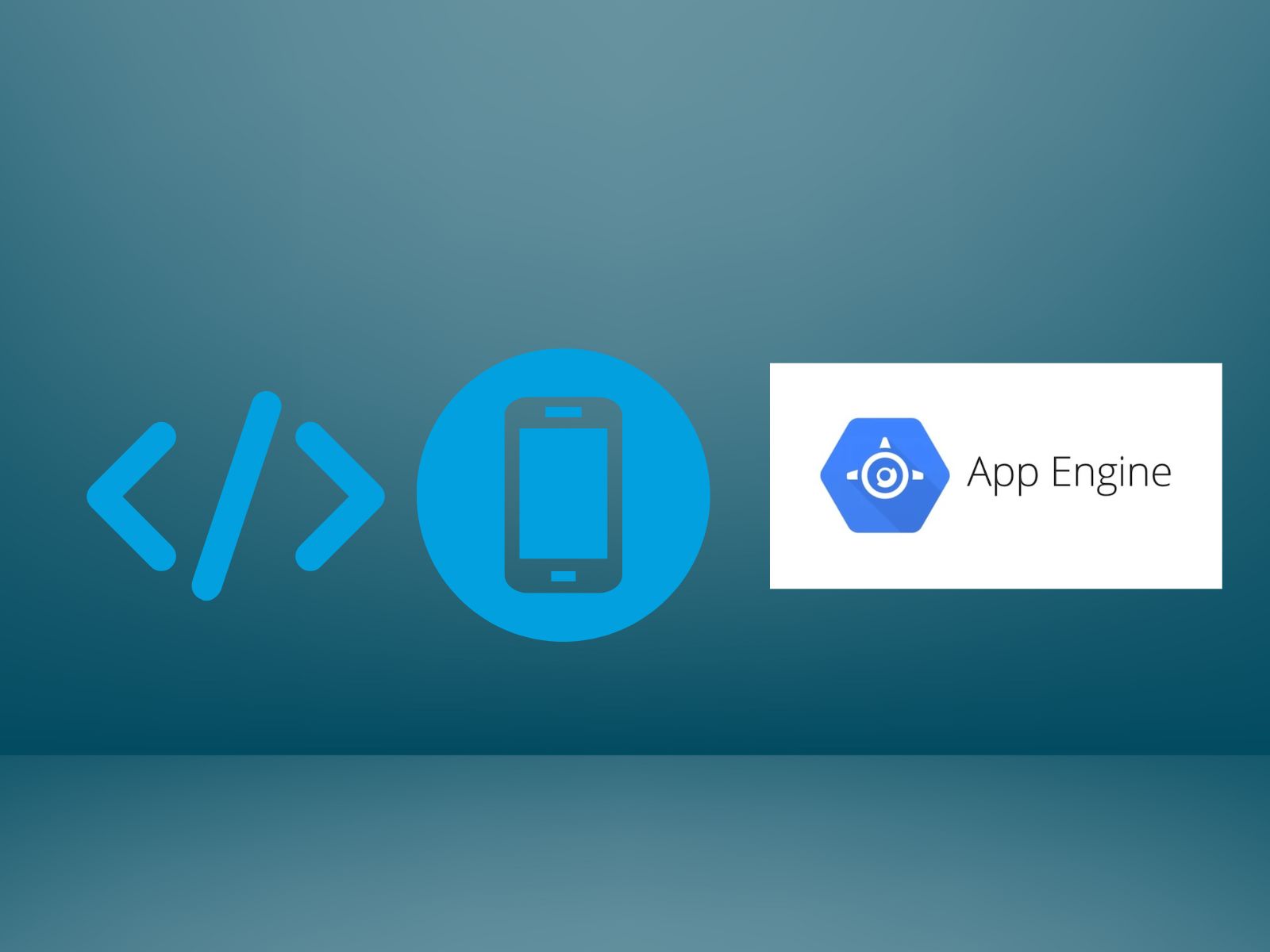Google has designed these two mechanisms to assist businesses in deploying their applications once the development process has concluded. They work very hard to facilitate service solutions meaning that once the product has been coded, it can be executed and uploaded to the market immediately. In contrast to the Google compute engine invention, the Google app engine is a more rigid and less flexible option for businesses to consider when they want to release apps to the market.

Google compute engine is a less structured mechanism designed as a business service to assist with total configuration in application development and deployment. Google has created these two products to help small businesses because they do not have the market share required to drop a big app successfully.
To provide key automation features to both services that will allow their consumers to do the less heavy lifting when deployment. Many small businesses sink vast amounts of money into developing their apps but fail at the deployment stage. This is the reason why many companies have decided to go with these options. In this article, we will be comparing these two based on what they do and how they can be helpful to facilitate the successful deployment of an application developed by your organization.
Main Characteristics
Both products have been designed mainly for application deployment, and that is what they have in common mostly. They do, however, have other mechanisms that have been developed and should be well noted before you decide on which to purchase or make use of.
Google App Engine
The Google app engine works to provide many automation features, meaning that technical and marketing teams will have less work than initially planned. It allows the deployment plan to be well structured and follow a specific route straight to the market.
This has financial advantages because you will not have to get lost among the billions of apps on the planet today. As a more significant business, you will likely have several applications in the research and development stage, meaning you often do not have time to focus on deploying all of them entirely.
In other words, most large businesses want to have the rollout of applications happen much faster because this is the stage when the budget will be running low. After spending many months or years developing an application, they do not want to waste too much time delivering it to the market. This process must be quick, concise, and accessible.
Google created this platform to limit the time spent on deployment because it automatically limits the instances once the input has been completed. With this product, you will also be granted access to Google’s famous software development kit that works to fix any potential errors around the application, ensuring a successful deployment.
Google Compute Engine
This is a much more affordable option than its competitor in this article since it can bypass specific requirements for deployment. If you want the full deployment provided by Google, this will cost you quite a bit. Therefore, many smaller businesses have turned to this option. It is provided by Google and allows you to customize the deployment to see fit according to the budget you have for the application.
This means that you will enable a certain number of virtual machines depending on what you envision for the application and its users. It is, therefore, a much cheaper option to purchase because you do not have to do the same thing as what the bigger businesses are doing because you do not have the same budget.
The downside of this product is that you will need very skilled technicians and a creative marketing department that will fully handle the other aspects of deployment, which you have chosen to leave out by selecting this option.
Main Limitations
Google App Engine
This option works very hard to provide the organization with a straightforward way to deploy their applications; however, you have very little say in how the operation is done. It, therefore, lacks a bit of a creative edge that your business might be seeking to gain over its competitors who are using the same system.
If you have particular needs, you may not achieve those because the kit only functions in a structured manner. Therefore, you will have to be very clear on the needs and wants of the application that you wish to develop before you choose this system.
It has been designed mainly for people who know what they want and develop similar apps to the previous one. Therefore, they will be able to redeploy them in the same autocratic fashion continuously.
Google Compute Engine
This option has been designed in a way that you can edit it until you are comfortable with the results that you receive. The main disadvantage of this is that you will not get this done very simply and quickly. The lack of automation causes severe speed delays, especially among lowly qualified technicians.
This is because there will be many manual adjustments that have to be done, and getting any of them wrong can lead to severe errors in the deployment of the application. As the application grows or shrinks, there will need to be adjustments that happen manually, and this can be quite a heavy burden on the IT department of your organization. You will need to have a specific team assigned to this software to allow effective management without the effects of burnout.
Conclusion
In conclusion, these two apps are quite different. The Google app engine has been designed as a straightforward option mainly valuable for larger businesses because of its structured approach. It is a more user-friendly and easy-to-use option but therefore comes with a more costly price tag. The Google compute engine is one option that you can change things around entirely until you are happy with them.
This benefit is also a disadvantage because it provides a lot more work for the development team you have assigned to handle the deployment. They will have to manually adjust many different settings to allow for the successful running of an application. It is, however, cheaper since you will end up having to do more work on it; therefore, it is more applicable to smaller businesses.



